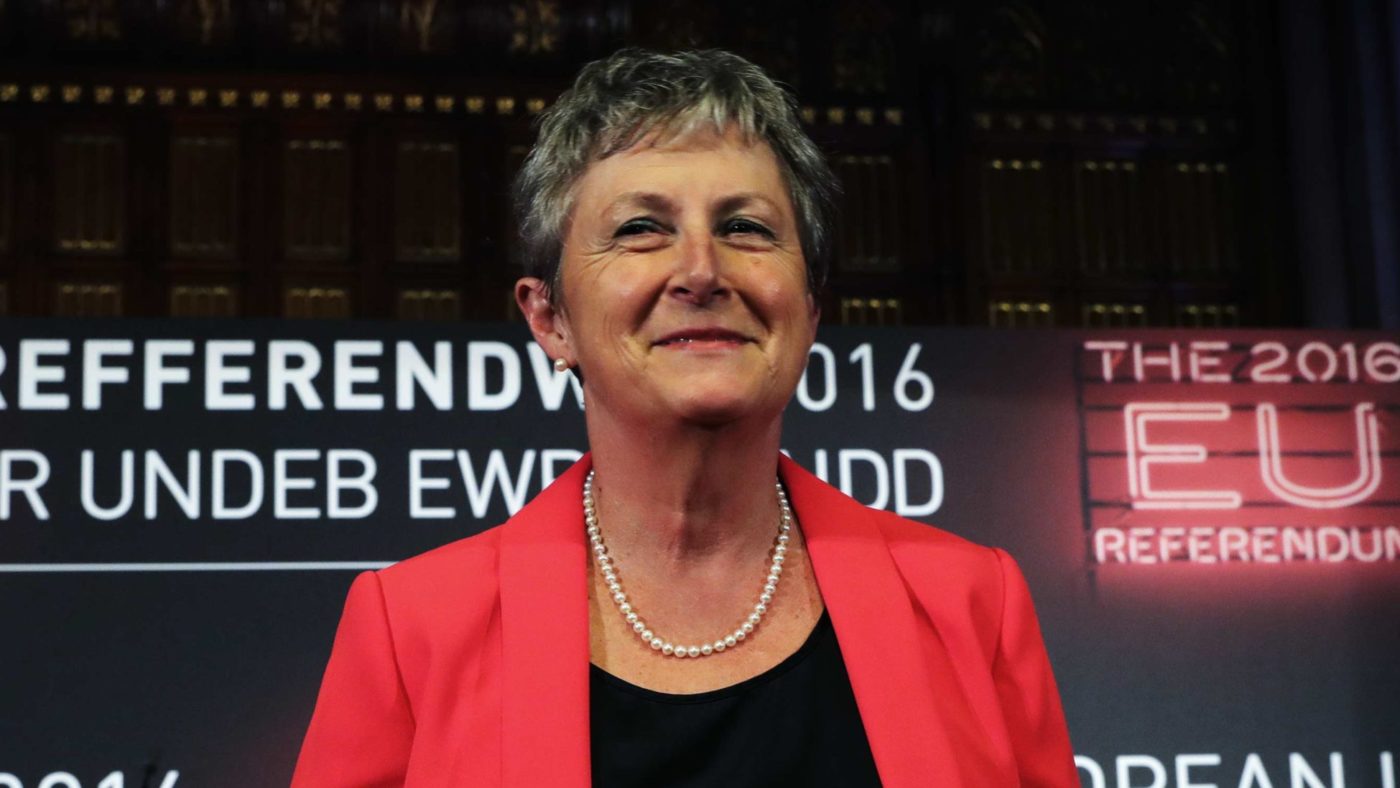Gisela Stuart is a rare figure in British politics – a Labour politician who campaigned wholeheartedly for Brexit.
As an MP from 1997-2017, Gisela is perhaps best known for her role in the 2016 referendum, where she chaired the Vote Leave campaign and appeared in the TV debates.
But her deep interest in constitutional and foreign affairs long-predates that referendum. Gisela sat on the Foreign Affairs Select Committee for nearly a decade, was a founding signatory to the foreign policy think tank The Henry Jackson Society, and is now Chair of Wilton Park, an executive agency of the Foreign Office dedicated to mediation and resolving international conflict.
Our Assistant Editor, Frank Lawton, sat down with her to chat all things foreign affairs.
Gisela Stuart on…current British foreign policy
Do we have a coherent strand by which we project our place in the world, and how we use our military, our international aid and our diplomatic power? I would argue that we probably haven’t had a coherent foreign policy since the 1990s.
on…interventionism
We are in a very curious position where we argue that intervention is bad, citing the examples of Iraq and Libya. But the very same people will tell you that Syria came about because we didn’t intervene.
In the 1990s it seemed as if everything was possible – we’ve lost that.
on…Britain’s historic role in Europe
It has never been in the British Isles’ interest to have one power dominating Europe…when Britain joined the EEC it went against its stated object, because it actually became part of that nascent single power rather than being a counter-balance.
on…the future of British foreign policy
Britain can only make strategic decisions if it’s aware of its capabilities and its constraints.
Foreign policy is actually a domestic issue…we need to engage more.
Two assumptions are being challenged. We went through a phase where we thought geopolitics didn’t matter. I think we’re coming back to thinking it does matter.
What will drive our foreign policy aims in the future are three things – a greater focus on trade, a great focus on what we can achieve with soft power in growing parts of the world and a focus on issues such as health which are seen as domestic but will be projected in a global context.
on…Whitehall and how foreign policy is made
We’ve now got very weak institutions that don’t interact, and that’s something we’ve got to change.
The people within Whitehall realise they need to work together more effectively, but over the last 10 years we have seen a reduction in the number of those middle-ranking civil servants who are just ready to be promoted to become key decision makers – I think there is a real shortage of them. We lack the administrative capacity to do what we want to do.
The greater input of the foreign affairs select committee has to me been quite an eye-opener and suggest a way forward…it’s cross-party, the chairs carry an authority, and they have a good track record on policy.
There is this intrinsic belief that however we may look to lack administrative capacity, give us a deadline, put us into a corner and we will deliver. And I hope that spirit is still there in greater depth than I see at the moment.
on…European reform and David Cameron’s deal
David Cameron would have to have come back from Brussels with a permanent recognition enshrined in the architecture of the European Union that there will always be countries who are part of the single currency, and countries which are not. Not an opt-out, not something that’s temporary, but it’s a difference structure.


